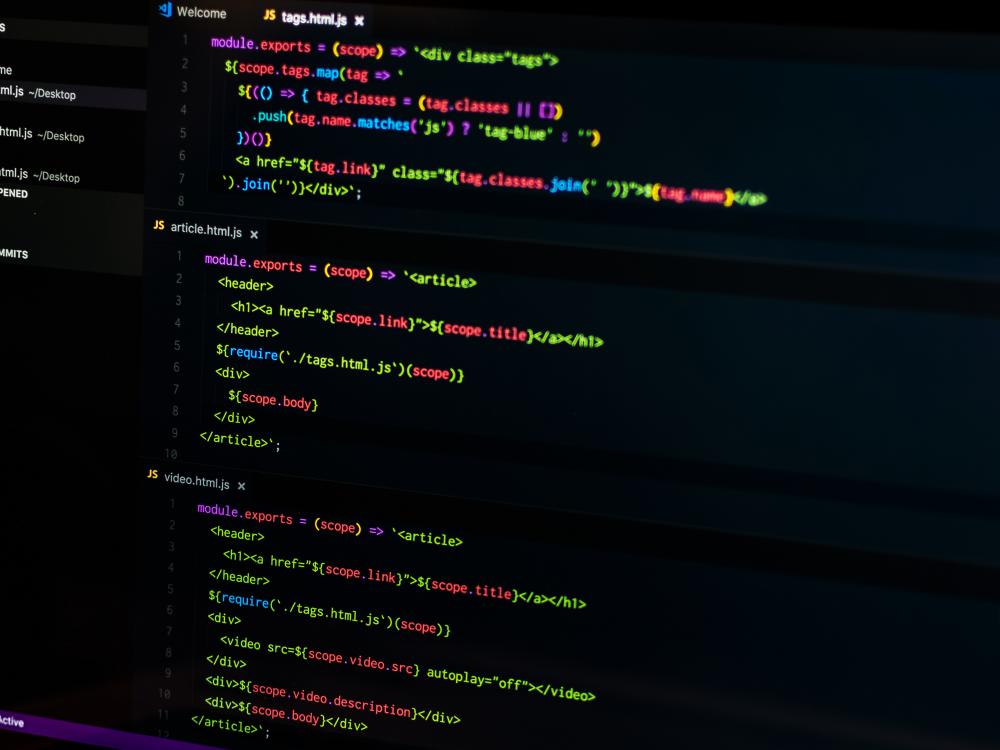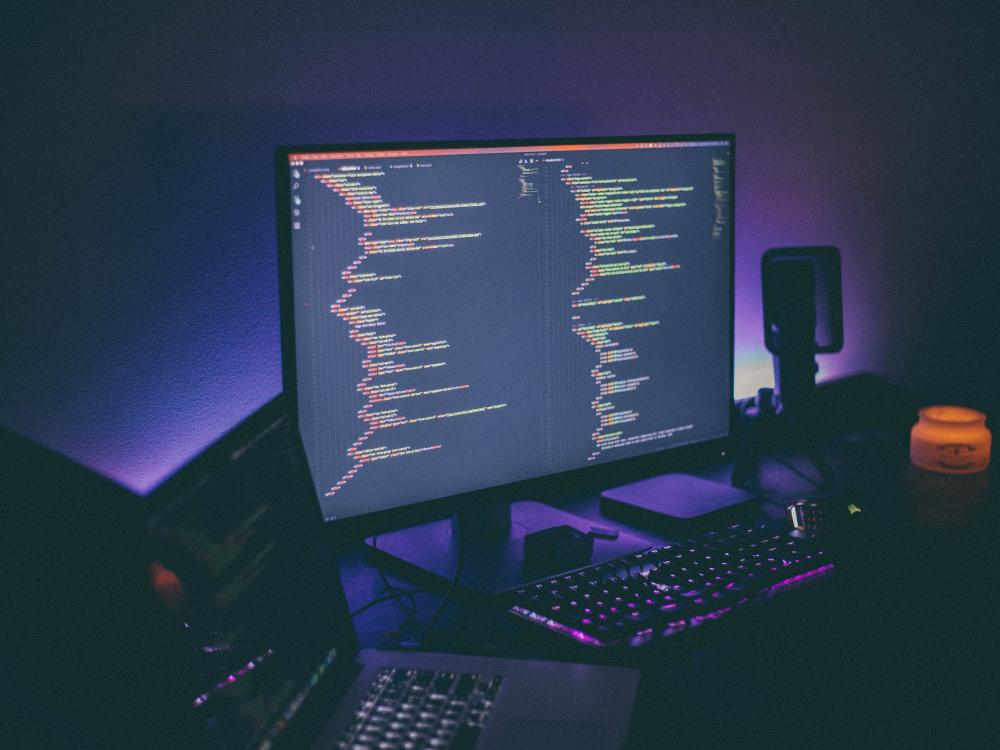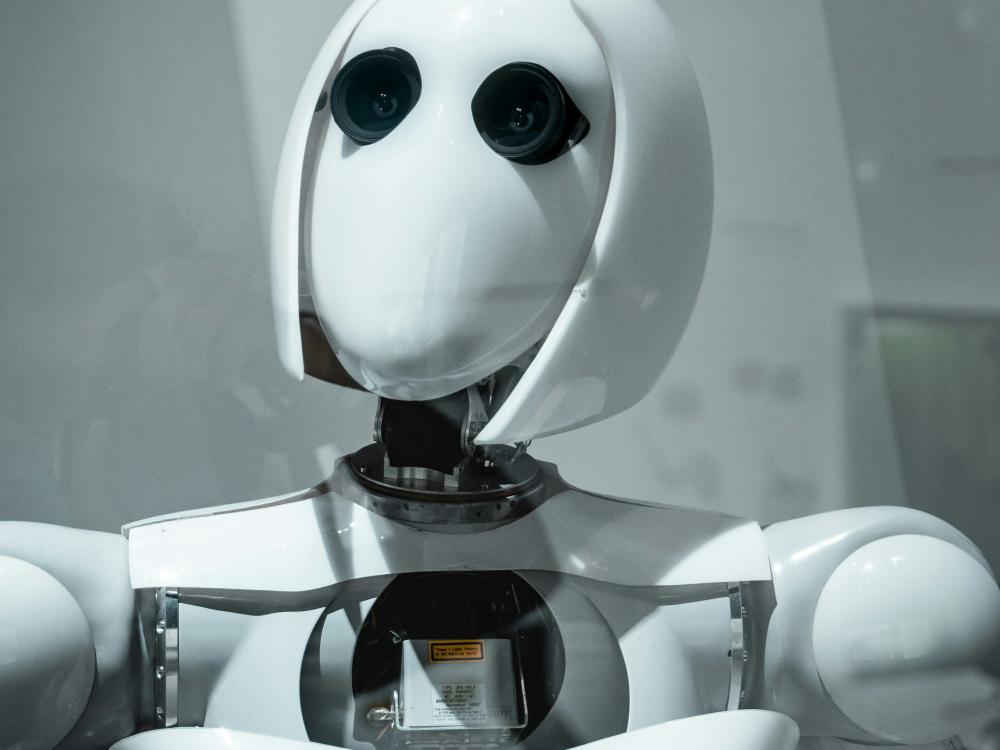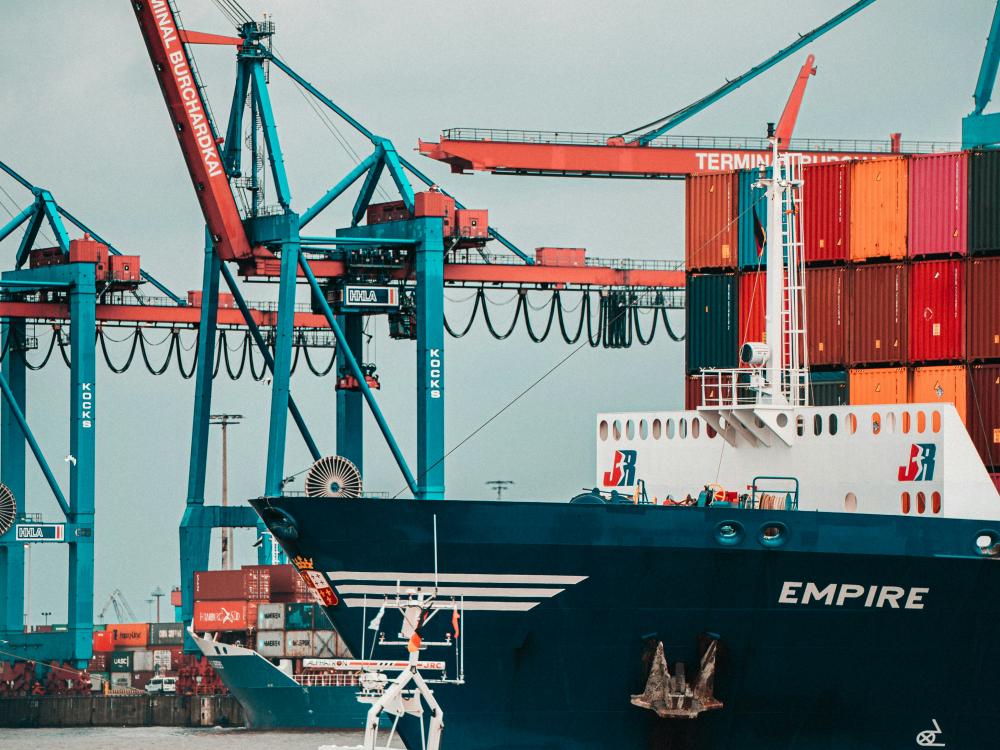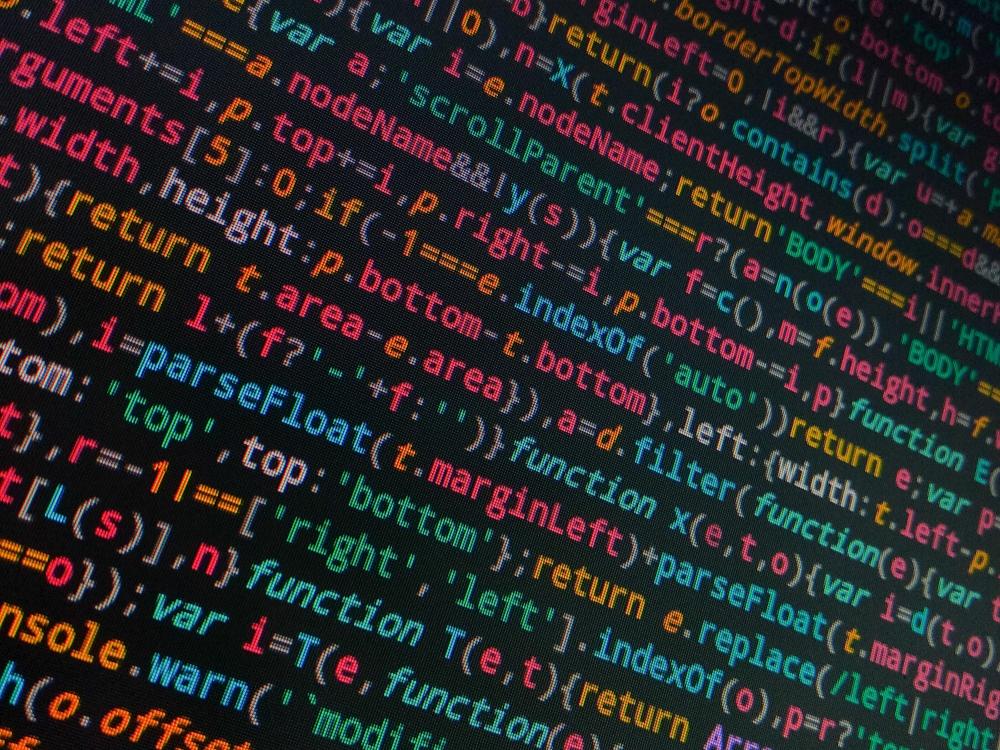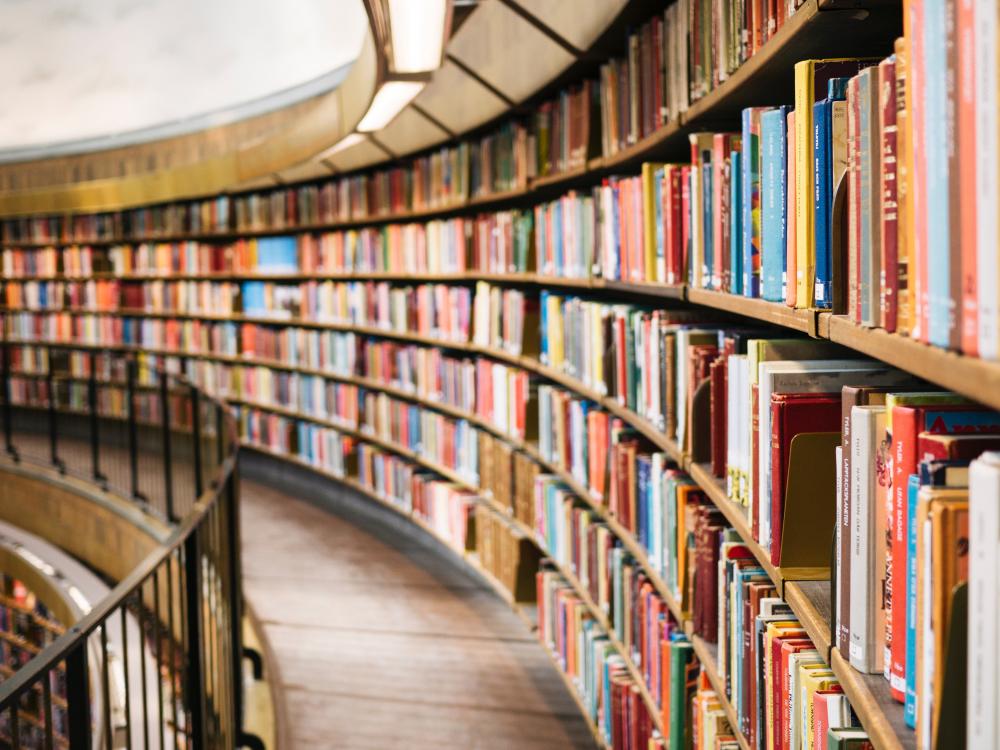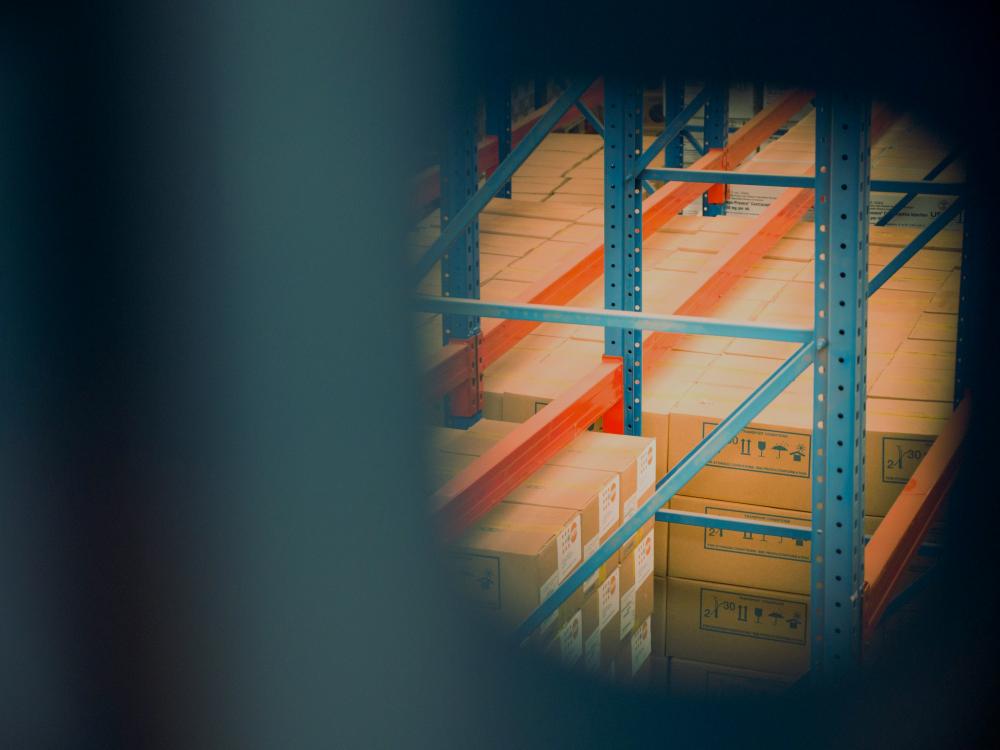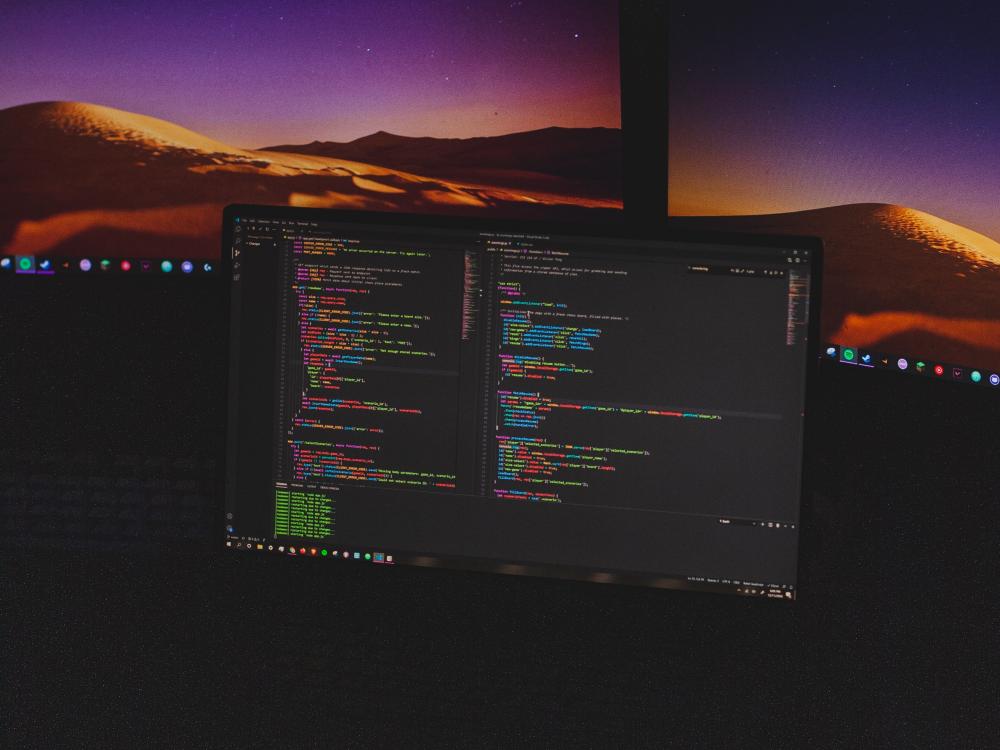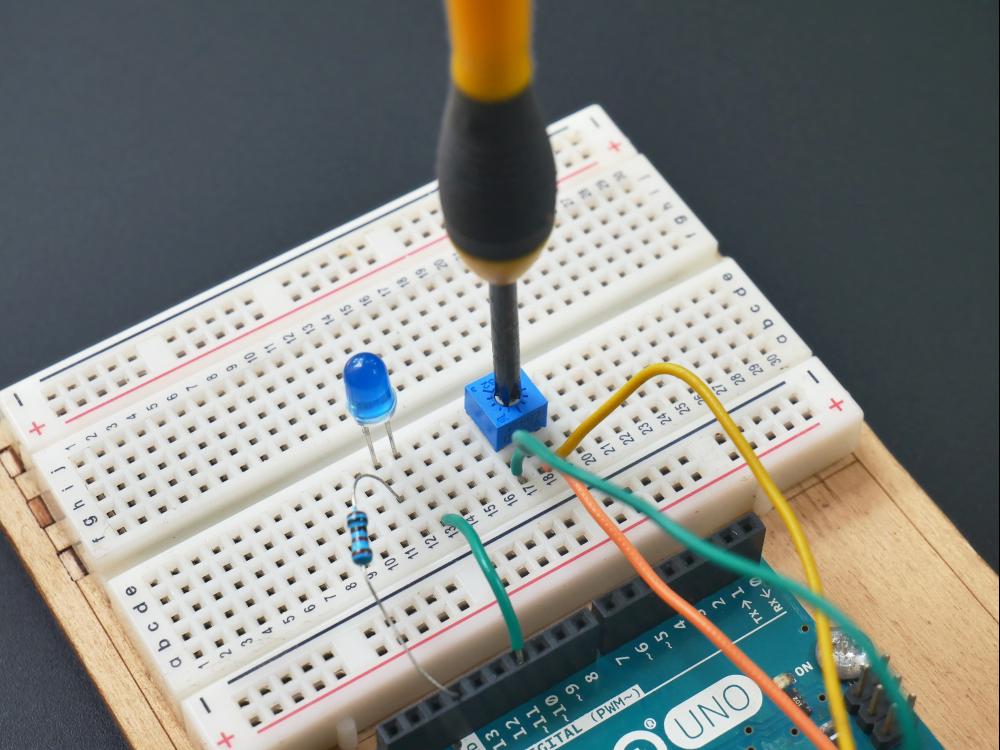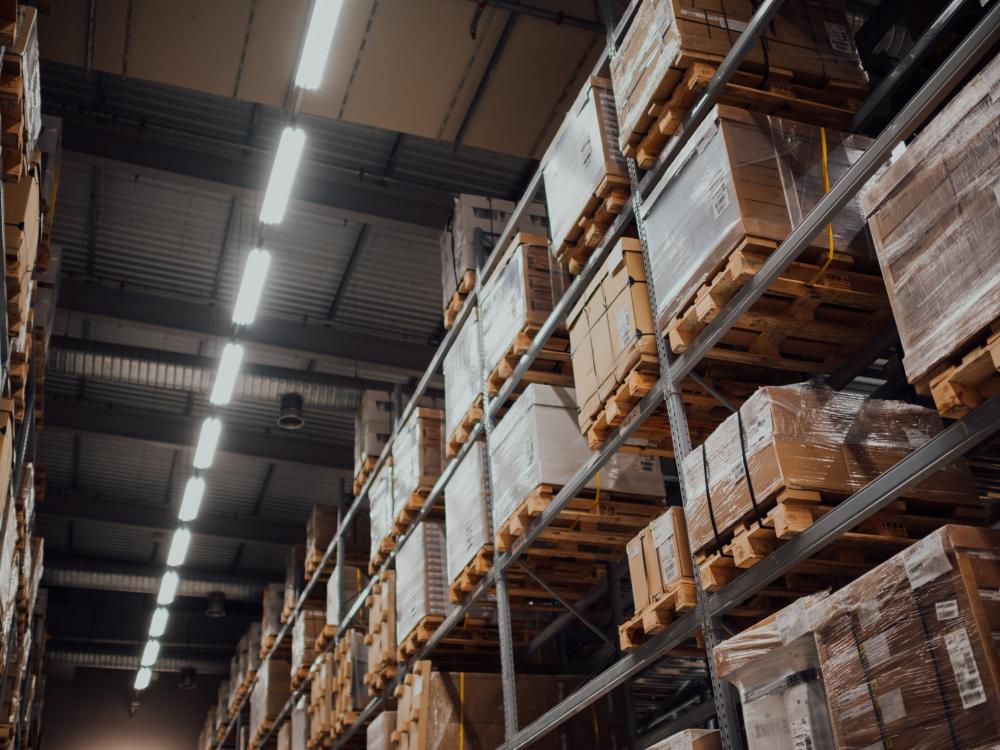The Crucial Role of Artificial Intelligence in Ensuring Food Safety Standards in India
As AI Engineers working to revolutionize the food industry in India, we understand the paramount importance of ensuring food safety standards. With the growing population and increasing demands for safe and nutritious food, artificial intelligence (AI) has emerged as a game-changer in this domain. Through its advanced algorithms and data analysis capabilities, AI is transforming the way we monitor, regulate, and maintain food safety standards across the country.
Enhanced Quality Control with AI
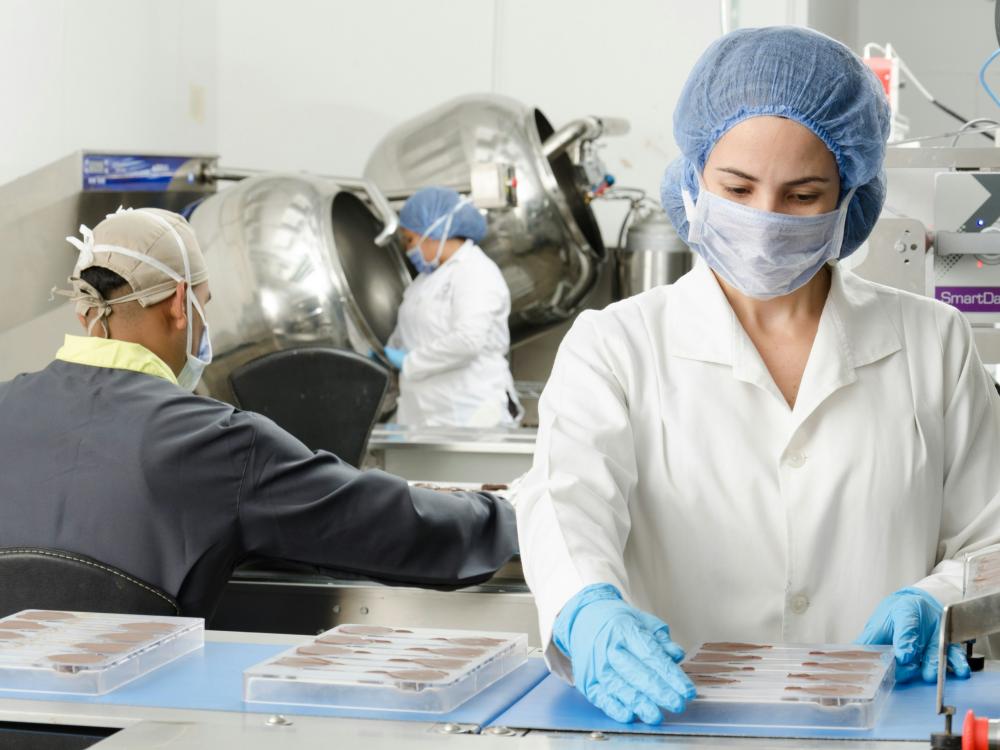
One of the primary contributions of AI in ensuring food safety standards is through enhanced quality control measures. Traditional methods of inspecting food products can be time-consuming and prone to human error. However, by harnessing the power of AI technologies such as computer vision, machine learning, and natural language processing, we can automate quality control processes.
Computer vision enables AI systems to analyze images or videos of food products, detecting any visible defects or contaminants that may pose a risk to consumer health.
Machine learning algorithms can be trained on vast amounts of data to identify patterns and anomalies in food production processes, allowing for early detection of potential hazards.
Natural language processing facilitates the analysis of textual data from various sources like product labels, ingredient lists, customer reviews, and regulatory documents. This helps ensure compliance with labeling regulations and detect any false or misleading claims.
Predictive Analytics for Risk Assessment
AI-driven predictive analytics plays a vital role in identifying potential risks associated with food safety. By analyzing historical data on factors such as weather conditions, transportation routes, storage practices, and production methods, AI models can predict possible contamination risks or outbreaks even before they occur.
Through the integration of IoT devices and sensors, AI systems can continuously monitor critical parameters like temperature, humidity, and pH levels in food storage facilities. Any deviations from the optimal conditions trigger alerts and enable prompt corrective actions to prevent spoilage or contamination.
AI algorithms can also analyze data from social media platforms and online forums to identify early signs of foodborne illnesses reported by consumers. This enables health authorities to respond quickly, trace the source of contamination, and prevent further spread.
Streamlining Regulatory Compliance
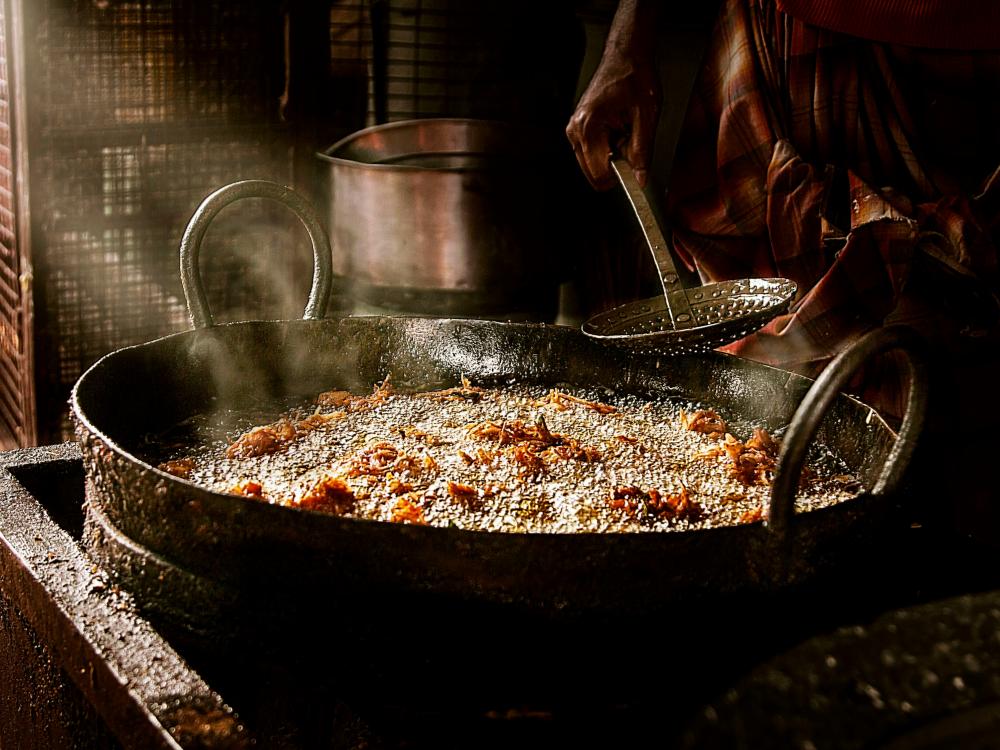
Ensuring compliance with food safety regulations is a complex task that requires meticulous record-keeping and monitoring. AI solutions streamline this process by automating regulatory compliance tasks, reducing administrative burdens, and minimizing the risk of human error.
AI-powered systems can analyze vast amounts of data from multiple sources to ensure adherence to labeling requirements, allergen declarations, nutritional claims, and other regulatory guidelines.
The use of blockchain technology combined with AI enables transparent supply chain management. Each step of the food production journey can be recorded on an immutable ledger, allowing for traceability and accountability in case of any safety concerns or recalls.
The role played by artificial intelligence in ensuring food safety standards in India cannot be overstated. By leveraging AI technologies such as computer vision, machine learning, natural language processing, and predictive analytics, we are transforming how we monitor quality control measures, assess risks, and maintain regulatory compliance in the food industry. As AI Engineers committed to innovation and excellence in this field, we strive to create a safer future where every consumer can trust the food they consume.
